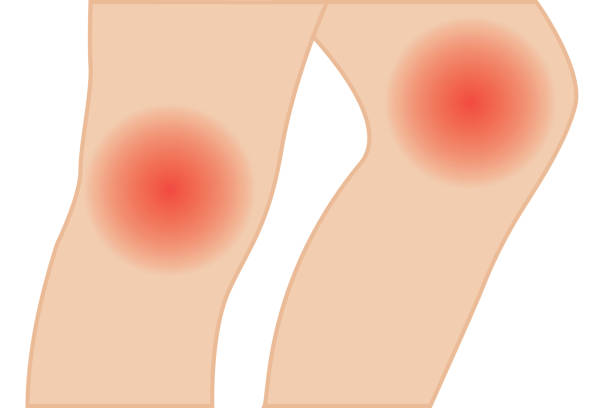



Back pain is a common ailment that can stem from various causes, including muscle strain, poor posture, or injury. In most cases, back pain improves with rest and self-care. However, certain signs and symptoms warrant immediate attention from a healthcare professional. Understanding when to seek medical help can be crucial for timely diagnosis and appropriate treatment. Here, we explore the warning signs and red flags that indicate it’s time to consult a doctor for your back pain.
1. Persistent or Severe Pain:
If your back pain persists for more than a few weeks, intensifies over time, or is consistently severe, it’s a clear signal to consult a doctor. Chronic pain may be indicative of an underlying issue that requires professional evaluation.
2. Pain Radiating Down the Legs:
Back pain accompanied by pain that radiates down one or both legs, especially if it extends below the knee, may suggest a more serious problem such as sciatica or nerve compression. This requires prompt medical attention to prevent further complications.
3. Numbness or Weakness:
Any sensation of numbness or weakness in the legs, feet, or toes associated with back pain can be a red flag. These neurological symptoms may indicate nerve compression or damage, and a doctor should assess the situation promptly.
4. Bowel or Bladder Dysfunction:
Back pain coupled with difficulties in controlling bowel or bladder function is a severe red flag. This may indicate a condition called cauda equina syndrome, a medical emergency that requires immediate intervention to prevent long-term complications.
5. Fever Accompanied by Back Pain:
The combination of back pain and fever could be a sign of an infection or inflammatory condition. Infections affecting the spine require swift medical attention to prevent complications.
6. Recent Trauma or Injury:
If your back pain follows a recent traumatic event or injury, seeking medical attention is crucial. This is particularly important if the pain is severe or if there’s any visible deformity.
7. Unexplained Weight Loss:
Back pain accompanied by unexplained weight loss may be indicative of an underlying condition, such as cancer. Consult with a doctor to explore potential causes and initiate appropriate investigations.
8. Pain Worsening at Night:
If your back pain worsens at night, disrupting sleep and daily activities, it could be a sign of a more serious issue. Conditions like spinal tumors may cause increased pain when lying down.
9. History of Cancer:
Individuals with a history of cancer who experience new-onset back pain should promptly consult their healthcare provider. Some cancers, especially those that metastasize to the spine, can manifest as back pain.
10. Pain Accompanied by Other Systemic Symptoms:
Back pain associated with other systemic symptoms, such as fatigue, loss of appetite, or generalized weakness, may indicate an underlying health problem requiring medical evaluation.
In conclusion, while many cases of back pain resolve with rest and self-care, certain warning signs and red flags demand the attention of a healthcare professional. Early diagnosis and intervention can significantly impact the outcome of treatment and prevent potential complications. If you experience any of these signs, don’t hesitate to seek medical advice to ensure the best possible care for your back health.
Search Articles
Latest Articles
28th Feb, 24
23rd Feb, 24
20th Feb, 24
15th Feb, 24
13th Feb, 24



 888-616-4156
888-616-4156 


 28th Feb, 24
28th Feb, 24 


